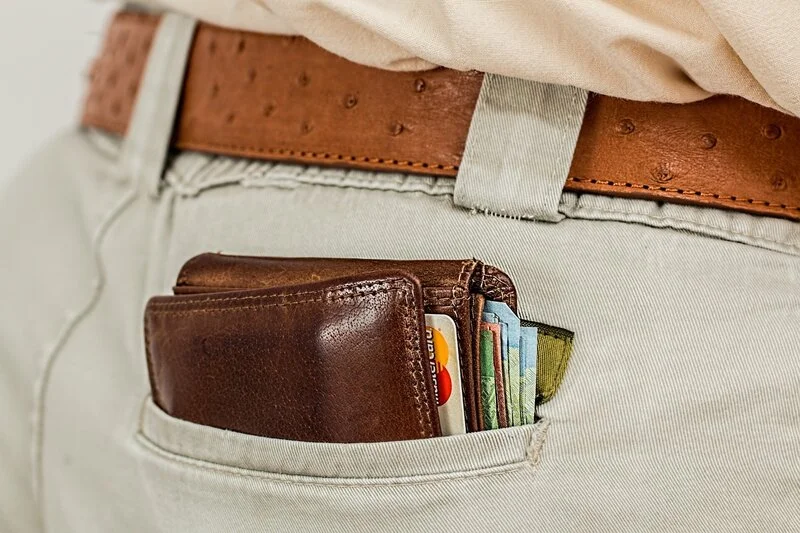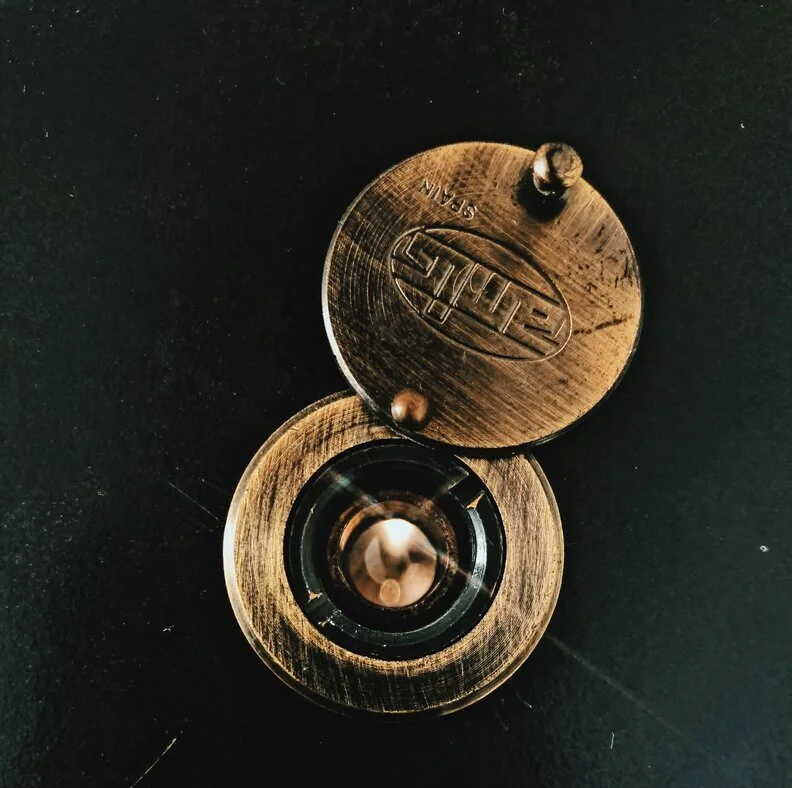Smart locks are electro-mechanical locks that perform locking or unlocking when they wirelessly receive a cryptographic key from an authorized device. Some of these locks function with just the deadbolt while others work with the handle lever.
Bluetooth and WiFi locks are considered smart, while algorithmic numerical locks are not, meaning there are some locks that require punching in a number and are not connected to the internet. However, some smart locks do have a numerical lock function as well.
These smart locks can have an array of other features. Some have motion sensors, cameras, and/or two-way intercoms. Many more can send an alert to your smartphone when the status of the lock has changed. Others will unlock based on your fingerprint. There is a dizzying amount of different options, but here are the basics.
Bluetooth locks
Bluetooth locks are often used in hotels. These locks will connect wirelessly to a guest phone through an app. While it uses the app to operate the door, proximity to the door is still a key factor. The user must be within roughly six feet of the door to use this feature and typically the door doesn't unlock automatically. The user must access the app and click a button to unlock the door.
These locks may also have the ability to accept a swipe or tap of a physical key card. This is an important distinction because these locks require either a physical RFID-enabled key or smartphone, while the other two locks don't require any additional equipment beyond one's smartphone.
WiFi locks
WiFi locks connect to the internet, which connects to your phone. However, your phone doesn't need to be on the same WiFi network for you to lock or unlock the door. These locks can be unlocked from anywhere in the world. Depending on the model you select, WiFi-enabled locks tend to provide the most features and control.
Numerical code locks
Numerical or algorithmic code locks can be associated with smart locks, but aren't always. Stand-alone algorithmic code locks can be programmed with a specific number sequence to make them function. These locks can often be a cost-effective option for Bed and Breakfasts since they don't have all the other features that may not be necessary for a guest room door.
Changing the numerical code is very easy and many innkeepers choose to make the code the last four digits of that guest's phone number. Some locks will even allow you to program start and end times that govern when a certain door code will work. This is very convenient to make the unique guest code start at check-in time and end at check-out time. Keep in mind that you'll want to give your guests enough time to get out, so I would recommend leaving several minutes for a grace period.
The benefit of not connecting to the internet is there is no potential for your lock to be hacked, but more on that later.



